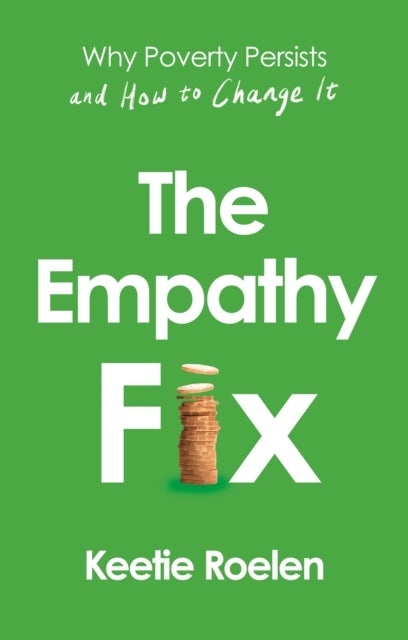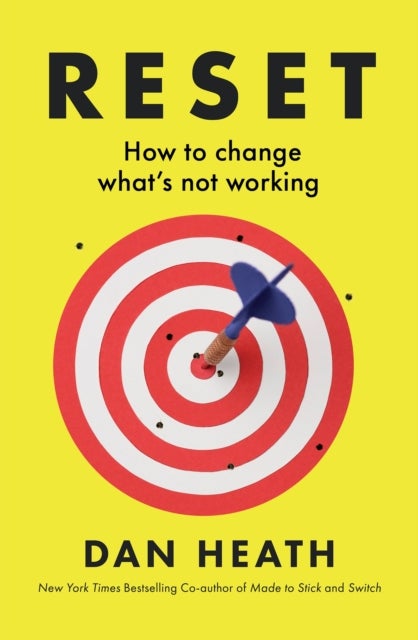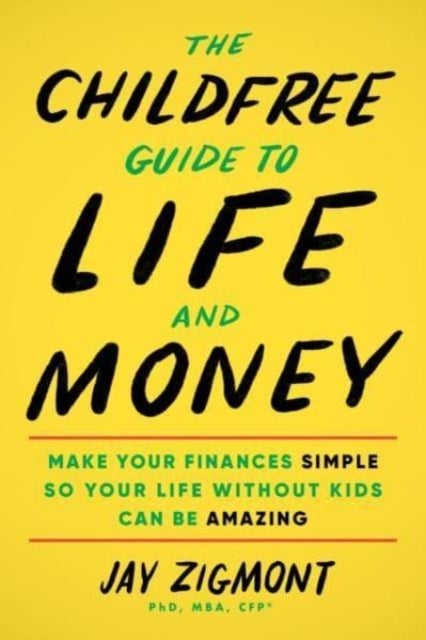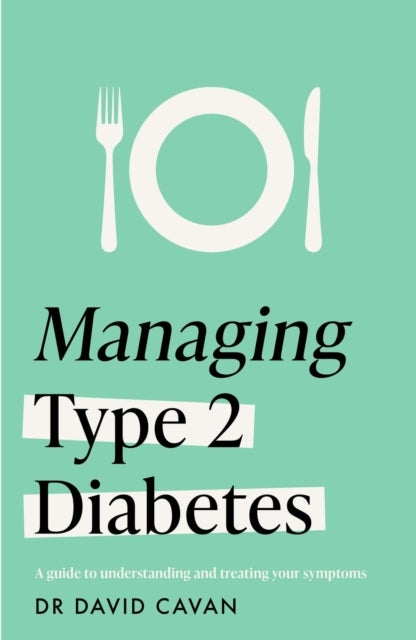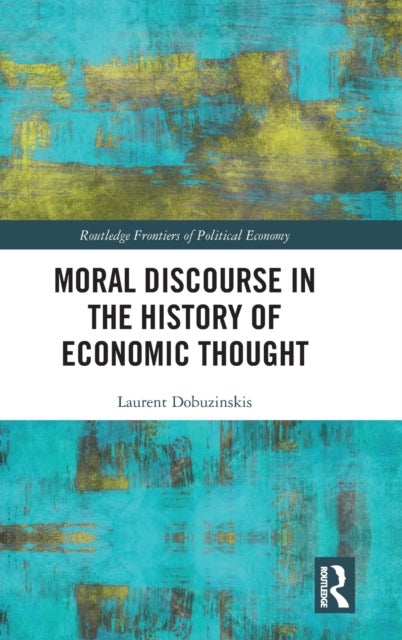
Moral Discourse in the History of Economic Thought av Laurent Dobuzinskis
1759,-
<P>Providing an account of the development of economic thought, this book explores the extent to which economic ideas are rooted in moral values. </P><P></P><P>Adopting an approach rooted in ¿pragmatism¿, the work explores key questions which have been considered by economists since the classical political economists. These include: what degree of priority ought to be granted to property rights among all individual liberties; whether uncertainties in economic life justify investing political authorities with the power to stabilize business cycles; whether it is better to trust entrepreneurial initiatives to resolve societal dilemmas or to centralize policy-making in the hands of a benevolent government. The chapters argue that economic thought has evolved from an emphasis on "sympathy" (as defined by Adam Smith) and that there has more recently been a rediscovery of the significance of sympathy reinvented as "fair reciprocity" in the wake of the emergence of behavioural economics and i


